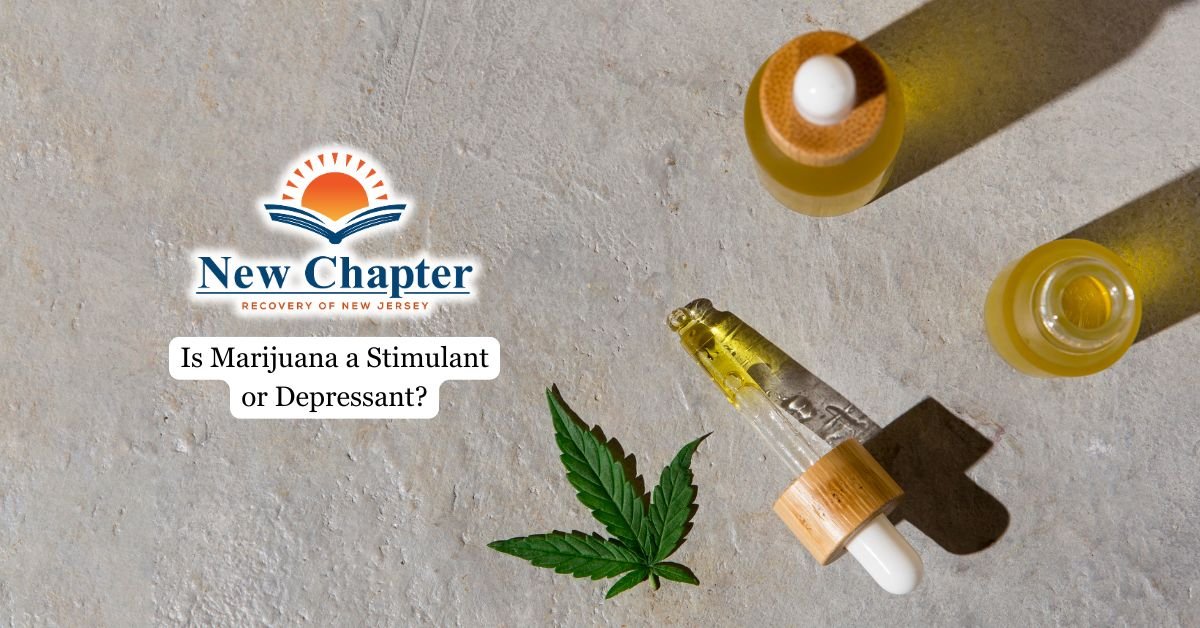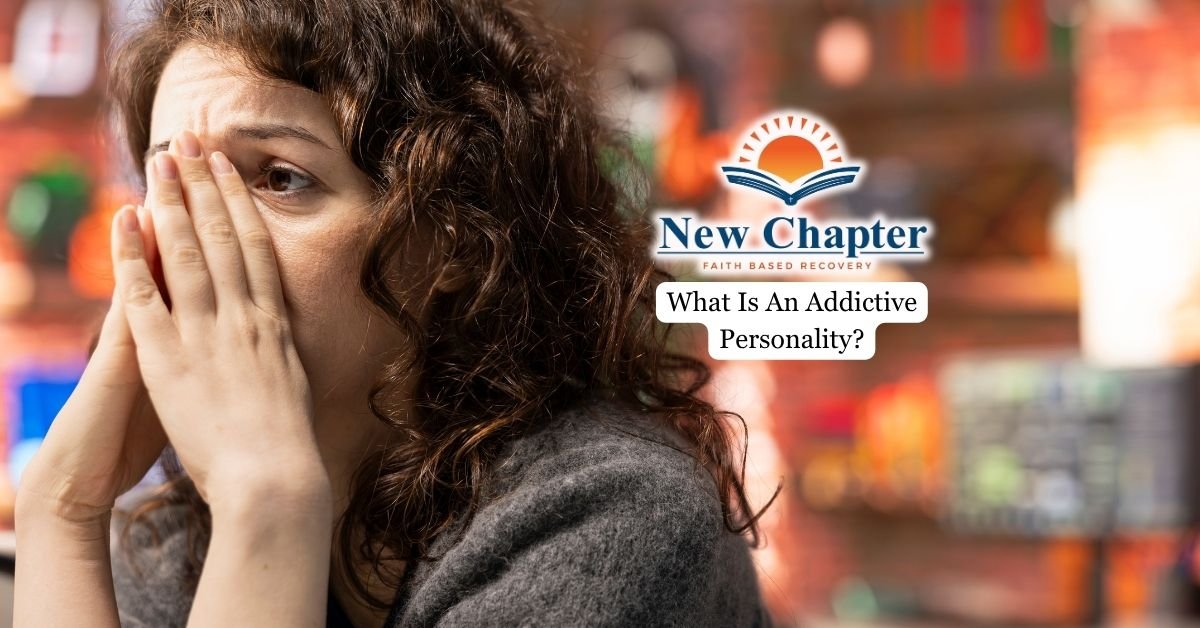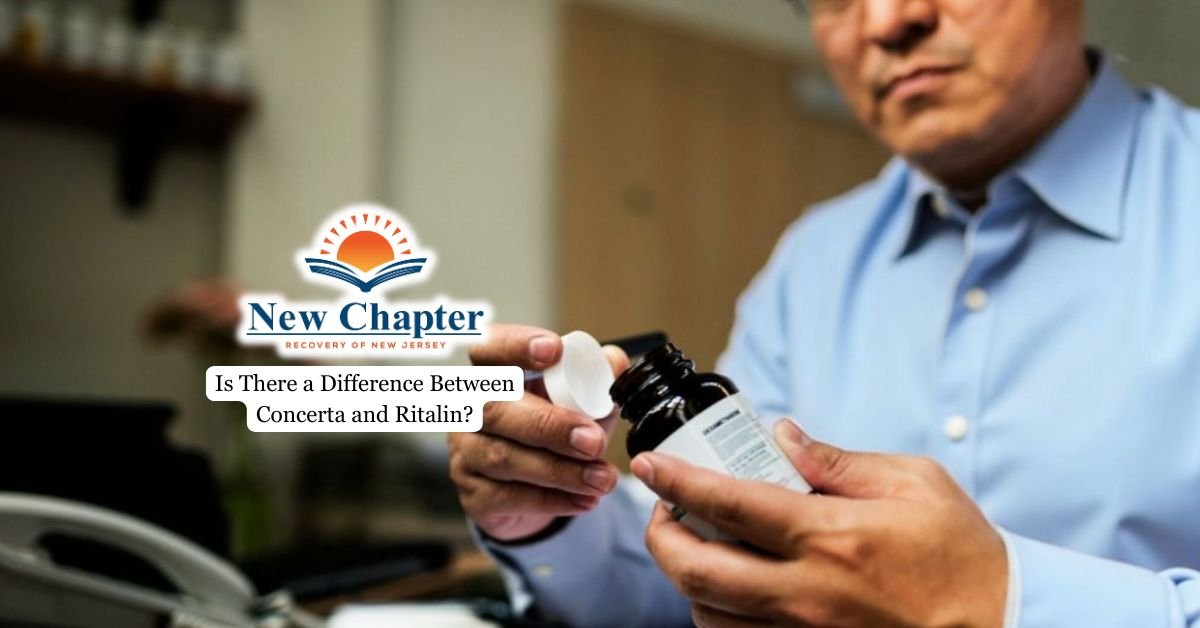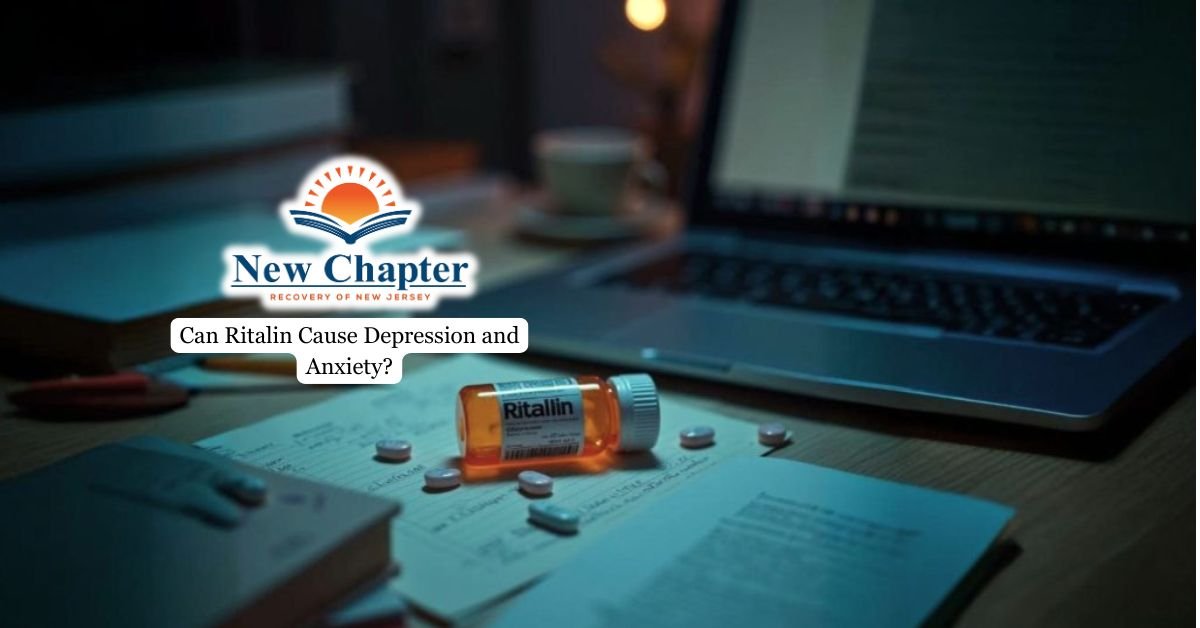The question of combining Ritalin (methylphenidate) and caffeine is frequently asked by individuals managing ADHD or looking to improve their focus, as both substances are commonly used stimulants. It is crucial for anyone considering using these two together to understand their interactions. Before mixing Ritalin with foods, beverages, or supplements containing caffeine, it is always advisable to consult with a healthcare professional.
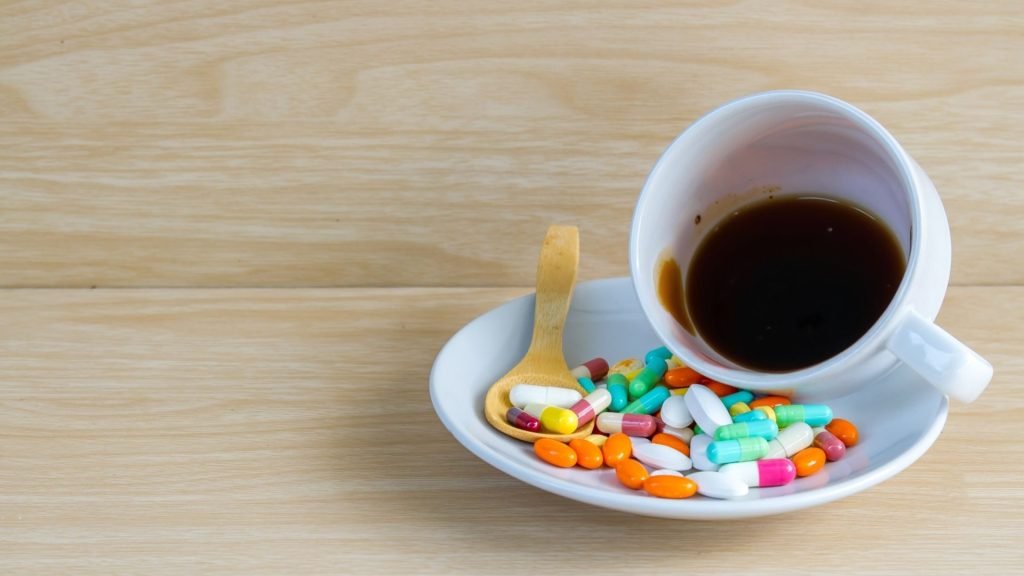
How Ritalin and Caffeine Work
Ritalin (methylphenidate) and caffeine are both central nervous system stimulants, but they work through different mechanisms in the brain. Ritalin primarily increases the levels of dopamine and norepinephrine between neurons, enhancing communication in brain regions responsible for attention, focus, and impulse control—this targeted action makes it effective for managing symptoms of ADHD (Attention Deficit Hyperactivity Disorder) and narcolepsy.
In contrast, caffeine works mainly by blocking adenosine receptors, which prevents the onset of drowsiness and increases alertness and wakefulness. While both substances promote wakefulness and improved concentration, their combined use can lead to additive stimulant effects, potentially increasing both the desired effects and the risk of side effects.
Risks and Side Effects of Mixing Caffeine and Ritalin
Both substances independently elevate heart rate and blood pressure, so taking Ritalin alongside caffeine may amplify these cardiovascular responses, potentially leading to palpitations, chest discomfort, or even more serious heart issues, especially in people with pre-existing conditions.
This combination can also heighten side effects like insomnia, anxiety, nervousness, and impulsive behavior, making it harder to manage daily routines or focus on tasks. Energy drinks, which often contain high levels of caffeine, are particularly risky when mixed with medicine like Ritalin, as they can push stimulant intake into a dangerous range.
Because everyone reacts differently, it’s important to monitor your body’s response and consult your doctor before mixing Ritalin with caffeine to minimize health risks and ensure your treatment remains safe and effective.
Clinical Guidelines and Expert Recommendations
Clinical guidelines and expert recommendations generally advise minimizing caffeine consumption while taking prescription Ritalin (methylphenidate) due to the risk of compounded stimulant effects. Most healthcare providers suggest limiting caffeine intake to 200–300 mg per day (roughly 2–3 cups of coffee) for those on the medication, as higher dosages may exacerbate side effects like insomnia, anxiety, and cardiovascular strain.
The prescribed Ritalin dosage should be followed strictly, and patients are encouraged to discuss their caffeine habits with their doctor to avoid interactions that could alter the medication’s efficacy or safety.
Since caffeine’s effects—such as increased alertness and heart rate—overlap with Ritalin’s mechanism, combining them may lead to overstimulation, even at moderate levels. Experts recommend spacing out caffeine intake and Ritalin by at least an hour if consumption is unavoidable, and prioritizing decaffeinated alternatives to reduce risks.
Tips for Managing Caffeine Intake When on Ritalin
To avoid these problems, steer clear of high doses of caffeine, including energy drinks and large servings of coffee or tea, and consider switching to decaf or lower-caffeine alternatives if you still want to enjoy the ritual. It’s helpful to limit caffeine to the morning hours and avoid consuming it at the same time as your medication to reduce the risk of overstimulation. Everyone’s tolerance is different, so start with a small amount of caffeine and closely monitor how your body responds, adjusting your intake as needed.
Most importantly, talk to your doctor before combining Ritalin and caffeine to determine a safe level of consumption and to get personalized advice based on your dosage, health history, and any other medications you may be taking.

Special Populations Situational Considerations
Children and adolescents are particularly sensitive to the effects of caffeine, and experts strongly advise against giving them energy drinks or high-caffeine products—especially if they are already prescribed a stimulant drug like Ritalin or Concerta (another brand of methylphenidate) — due to a heightened risk of side effects such as insomnia, increased heart rate, and anxiety.
Adults may also experience amplified stimulant effects, including elevated blood pressure and impulsive behavior, when combining these medications with caffeine, and those with underlying heart or mental health conditions should be especially cautious.
Individual responses to the effects of caffeine can vary widely, so what might make one person feel more alert could make another feel jittery or unfocused, especially when combined with prescription stimulants. Because both Ritalin and Concerta are long-acting medications, even moderate consumption of caffeinated drinks throughout the day can lead to cumulative overstimulation.
Final Thoughts from New Chapter Recovery
For individuals struggling with Ritalin misuse or dependency, understanding these risks is an important step toward making safer choices and prioritizing overall well-being. At New Chapter Recovery in New Jersey, our dedicated team is here to support you every step of the way, offering personalized Ritalin addiction treatment in New Jersey that addresses both the physical and emotional aspects of recovery.

